2015 was a year of intense Internet TV explosions. After more than a year of “barbarian growth,†new brands have gradually become calmer from last year, and even have just marched all the way, suddenly encountered Waterloo, just as we will never be. Know which of the future and the accident will come first. After the embarrassment, the development of Internet TV has entered the "winter season". Where do you want to go next? 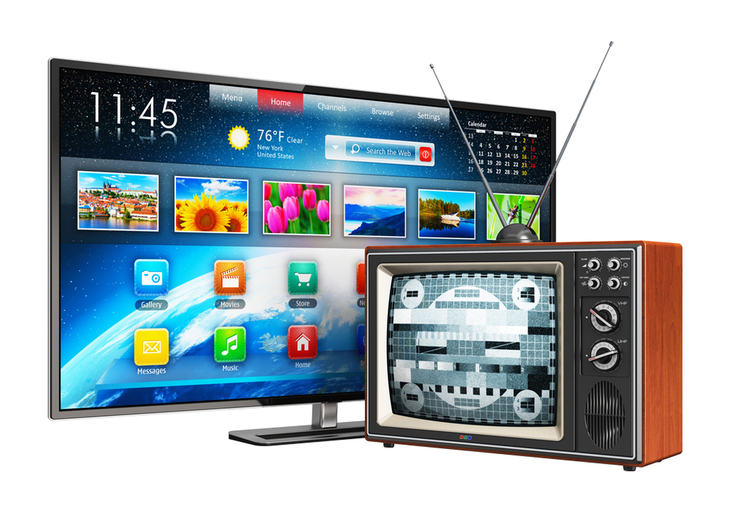

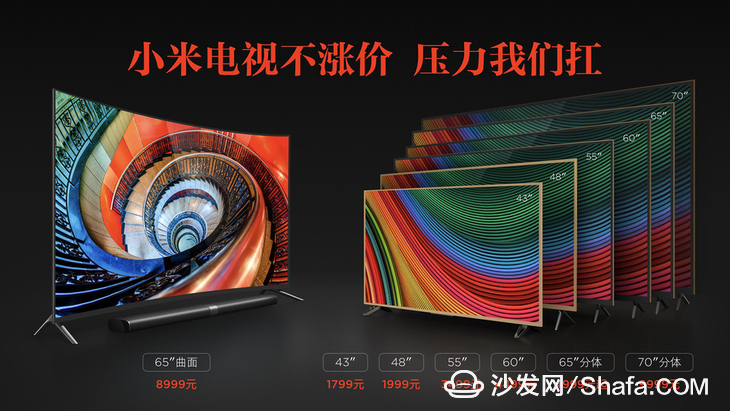
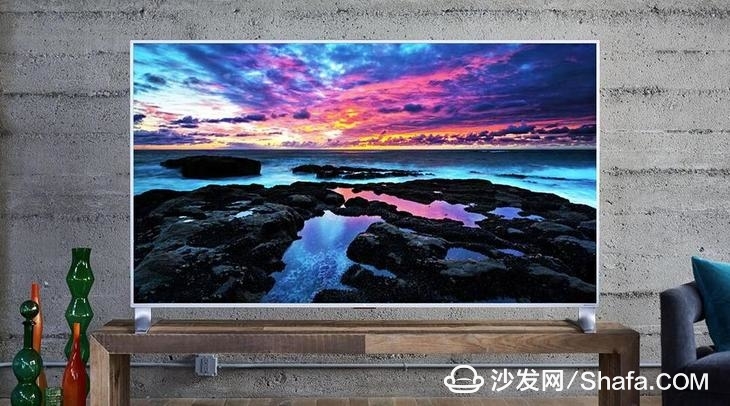
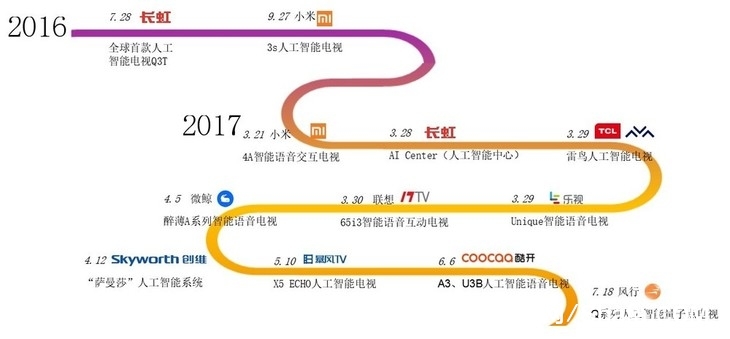
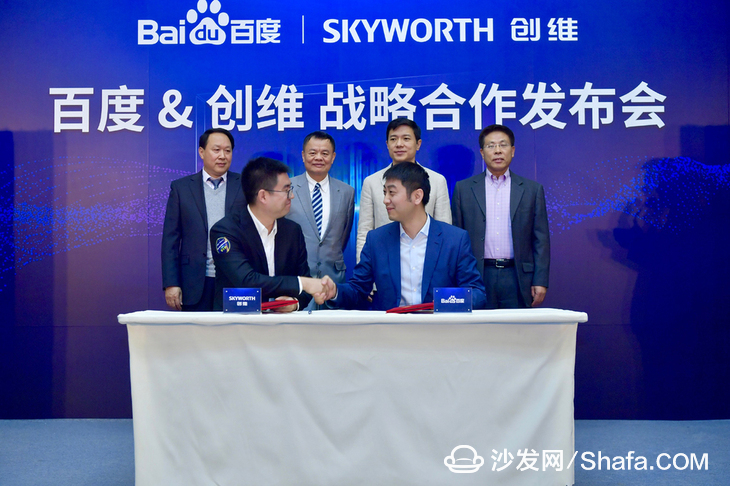
Smart TV/box information can focus on smart TV information network sofa butler (http://), China's influential TV box and smart TV website, providing information, communication, TV boxes, smart TVs, smart TV software, etc. Answering questions.

First of all, let's briefly review the history of the development of Internet TV brands. The appearance of so many new faces in just a few years is a miracle.
LeTV
On September 19th, 2012, LeTV announced its entry into the Internet TV industry. On May 7, 2013, it officially launched the first generation of super TV X60 and S40, which marked the start of the first battle of the Internet TV revolution. According to public statistics, in 2014-2016, LeTV sold 1.5 million units, 3 million units and 6 million units respectively. In 2017, the sales target was set to “guarantee 7 million units and compete for 8 million unitsâ€, but with the debt crisis In the outbreak, TV sales have been declining.
Millet
Millet TV was officially launched on September 5, 2013. In May 2014, Xiaomi TV was launched for 2 generations. On July 16, 2015, Xiaomi TV 2S was launched, and on October 19, 2015, a split 60-inch millet TV 3 was released. On March 23, 2016, we launched the millet TV 3s. On March 21st, 2017, Xiaomi TV 4A was launched. On May 18th, 2017, Xiaomi TV 4 was released. Currently, it is the sales volume of the Internet TV camp.
See still
On May 26, 2015, the CIBN Internet TV platform released its smart terminal brand "CAN". On April 21st, 2016, the Chinese name "ZhiShang" was launched and five new products were released. On March 9, 2017, it was released on AWE2017. Looking at the three major product lines, we have seen a series of product failures in the second half of the year. In the second half of the year, there was news of arrears of supplier loans and massive layoffs. Then there was no news.
PPTV
On July 30th, 2015, PPTV launched three new television products and a 4K TV box and announced its entry into the television field. On April 14, 2016, it announced the “Choose Like†C Series TV. The product lines are mainly divided into T (flagship models). , P (high-end), C (normal) three steps.
storm
On December 2, 2015, Superstorm TV was released; on May 4, 2016, the second-generation Superbody TV was released and the world’s first VR TV; on May 10th, 2017, the first artificial TV X5 ECHO was released; On April 11, 2018, AI TV 7 was released. Liu Yaoping, CEO of Storm TV, said at the meeting, “The future of Internet TV depends on the storm and Xiaomi.â€
Little whale
On August 13, 2015, Microwhale launched its first smart TV WTV55K1. In March 2016, it launched the 50-inch W50J and 55-inch PRO. On August 1st of the same year, it released a 78-inch canopy curved surface TV. It was released on April 5, 2017. Drunk thin A series, the main push is the cost-effective D series.
Popular
On December 10, 2015, Fengxing.com teamed up with Megachip, Haier, Oriental Pearl and Gome to create the “Super-Dimensional Ecosystem†together with the launch of the ultra-dimensional television. It officially entered the smart TV field; on July 18th, 2017, it became popular. Internet TV announced a strategic partnership with JD.com and announced four Q series artificial intelligence quantum dot TVs.
Love mango
On February 22, 2017, Mango TV backed by the Hunan Broadcasting System, the United States, the United States, Skyworth, the majority of the preferred fund companies, jointly released the "love mango" brand Internet TV, there are currently three series of products, Qingmang series for 90 After the market, Jinmang series is mainly for high-end people who pay attention to the quality of life. The Xingmeng series focuses on high-end celebrity customization.
Traditional TV manufacturers are not to be outdone. Subsequent launch of sub-brands has launched a positive confrontation with the above emerging Internet brands, such as Hisense's VIDAA, Skyworth's cool open, TCL's Thunderbird, Konka's KKTV, etc., and actively transition to Internet TV "learning." The competitiveness is getting stronger and stronger, and the sub-brands of the Internet are gradually disappearing.
The function and name of Internet TV
The rapid rise of internet television has greatly promoted the forward development of the television industry. Let's first take a look at what changes have taken place in Internet TV in recent years.
The first is the system. The early systems of smart TVs are not very beautiful or easy to use. The emerging Internet TV brands have made a lot of effort in software interaction. The interface is beautiful, the operation is simple, and the control experience is obvious. The promotion, such as more and more friendly to third-party applications, or the remote control's button layout is more and more reasonable, there are not so many complex buttons, now basically standard voice features, and then now actively embrace artificial intelligence, so that Smart TVs are truly intelligent.

In terms of hardware configuration, although overall performance and smart phones still have a small gap, they don't feel stuck in daily use, and the specific configuration of products is more and more transparent. It's not so vague. Qing, hardware performance has become the focus of attention when people buy TV.
Then there is the content. Remember when the content of Xiaomi and Letv was for the first time it was the “war of words†that triggered it? Regardless of the incident itself, what we are seeing is that Internet TV brands attach great importance to the content and do not hesitate to spend a lot of money on purchasing copyright, or seek cooperation with more content platforms, and strive to open the gap in content resource competition. Although they all need to be paid separately to enjoy these contents, at least some of them are chosen.
Today, the "soft power" of traditional TV brands has basically followed suit.
Are the prices of panels causing troubles?
Internet TV entered the market at a low price. However, by the end of the 16th and early 17th years, the price of Internet TV brands, which have always been playing “low-priced†brands, began to rise, mainly because they could not afford the pressure of increasing supply chain prices on the upstream supply chain, and at the same time Internet TV’s The development momentum is not so fierce, growth is weak or even in trouble, but this is the scourge of panel prices?
First of all, let's take music as a stand-alone, after all, this is the "leader" of the old Internet TV, has maintained a good momentum of development, it is in a critical moment to hit the sales of 1,000 units, falling into the crisis of the music chain Let TV business After a lot of shocks, it is still unknown whether the new music will be able to bring it out of the quagmire.

In other words, if there is no panel price fluctuation, Internet TVs caught in the price war will not last long. After selling a TV, it wouldn’t make money or even lose money. The pressure on the supply chain will increase. The most critical point is that the profitable content model of Internet TV is still not mature, and in the short term, it cannot rely on content profit to make up for the loss of hardware.
In addition, Internet TV was supposed to be the lifeblood of traditional TV manufacturers, but traditional TV manufacturers quickly responded and quickly filled up shortcomings in systems, content, etc., and the gap between Internet TV is getting smaller and smaller. The competitive landscape in the round began to prevail, gradually regaining the lost territory and further squeezing the living space of Internet TV.
So panel prices may just accelerate the industry reshuffle.
High-end does not work?
In order to comply with the general trend of consumption upgrades, Internet TV brands also want to take off “low quality and low price†hats and do a lot of hard work and trials. But this way seems to be impassable, such as CES 2017, LeTV, Xiaomi and Micro-whales have come up with enough surprising products.
LeTV introduced the uMax85Q QD TV with 90% BT.2020 and 115% NTSC color gamut coverage, 448 independent light control zones, and a screen brightness of up to 1000 nits, just like the 120-inch TV uMax120.

Xiaomi displayed the fourth generation TV product with the thinnest thickness of only 4.9mm at CES 2017. It supports HDR and wide color gamut. It adopts a borderless, ultra-thin design, and the 65-inch Dolby Sound Home Theater further enhances the sound quality. , The final domestic price of 9999 yuan.
The microwhales brought a new ultra-thin TV at the CES 2017 (the thinnest at the thinnest point, the thinnest at the thinnest point, and the thinnest distance from the wall). Compared to the 4th-thousand-thousand-thousand-thickest TV 4 Further, the 65-inch version jumped to 16,999 yuan.
However, judging from the final market performance, these high-end Internet TVs have not been fully recognized and are still more popular as low-priced products like Xiaomi TV 4A.
AI into a straw?
From the second half of 2016 onwards, with the continuing popularity of artificial intelligence, TV manufacturers have focused their attention on artificial intelligence. Artificial intelligence televisions have begun to spring up like mushrooms. For the Internet TV industry, this is absolutely not to be missed. Opportunity.

Xiaomi's 4A series of new product launches not only demonstrated the latest achievements in the field of voice interaction, but also mentioned that an artificial intelligence computer vision team has been set up to carry out research on face algorithms, image understanding, etc., on-site with the movie "From Your World Through †as an example to demonstrate some of the application scenarios, during the viewing process can ask "who is this," "what is this," "What is this cell phone" and other issues.
The storm was the most eye-catching in the development process of artificial intelligence TV. This year, a new strategy of “All for TV†was proposed. The just-released Storm AI TV 7 main target kills the remote controller and upgrades the AI ​​brain and the new AIOS 3.0 system. A more natural, convenient, and efficient interactive experience.

On the other side, traditional TV manufacturers and BAT and other giants have started cooperation, such as Baidu's 1.1 billion investment in Cool Open some time ago. The two sides will carry out a series of in-depth cooperation in products and technologies. Baidu's AI operating system DuerOS will be comprehensive and cool. The open system CoocaOS enables docking, and Baidu's cutting-edge technical capabilities such as face recognition and image recognition will be fully introduced into the Cool Open system.
Traditional TV manufacturers are gaining momentum in the field of artificial intelligence. For Internet TV brands, even if they seize the opportunity of artificial intelligence, there is still a long way to go.
Shouldn't you cast a vote of trust?
In the past two years, many TVs have been recommended to others. Many of them are Internet TV brands. Although their image quality is far from satisfactory, the performance of software UI, content, etc. is completely worthy of the price. TVs, after all, are not like mobile phones. In one or two years, it will be replaced. Once the brand begins to decline, the advantages of content and service will no longer exist. This is worrying.
When the boundaries between traditional TV and Internet TV are becoming more and more blurred, Internet TV brands are faced with more fierce competition, and the competitiveness formed by low quality and low prices cannot be maintained for too long, even if high-end and difference cannot be realized in the short term. The development of chemical industry must also take every step of the present. The low price is definitely temporary, but it is still necessary to return to the beginning of the heart and deepen the technological innovation with the user experience as the core. This is the basis for it to earn trust.
Smart TV/box information can focus on smart TV information network sofa butler (http://), China's influential TV box and smart TV website, providing information, communication, TV boxes, smart TVs, smart TV software, etc. Answering questions.
Digital Air Fryer,Best Digital Air Fryer,Digital Oil Less Fryer,Electric Digital Air Fryer
Ningbo ATAP Electric Appliance Co.,Ltd , https://www.atap-airfryer.com
